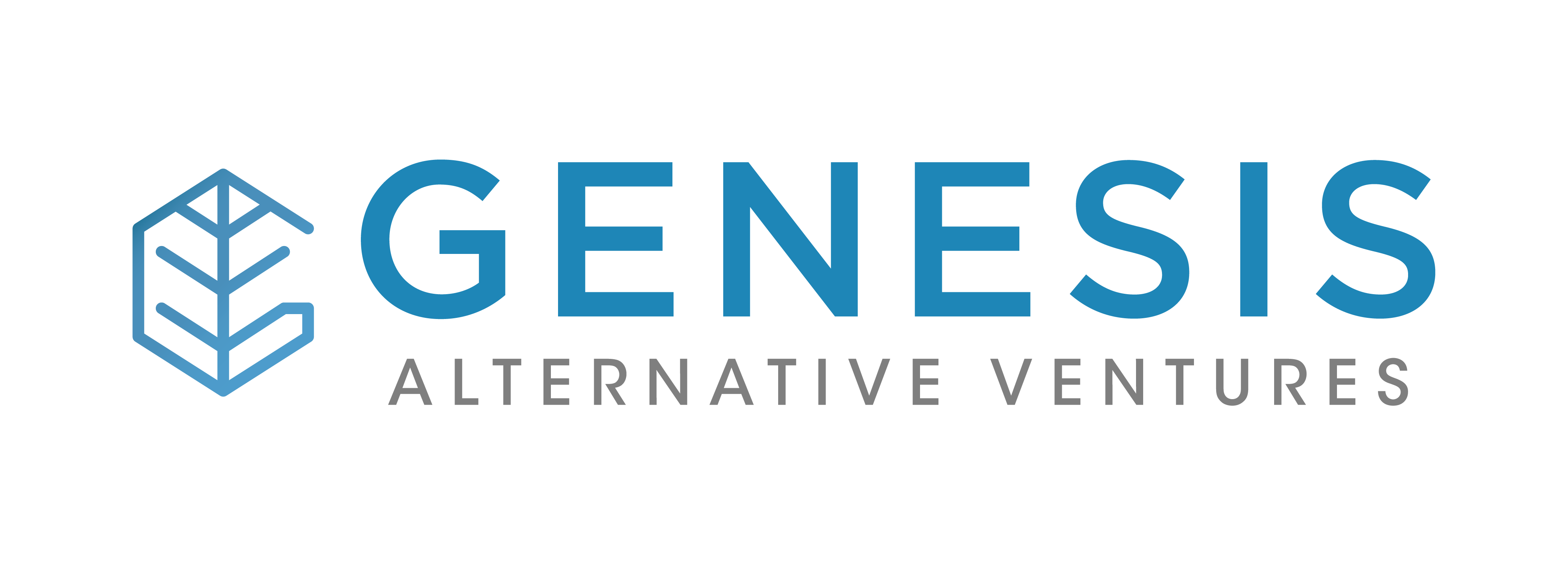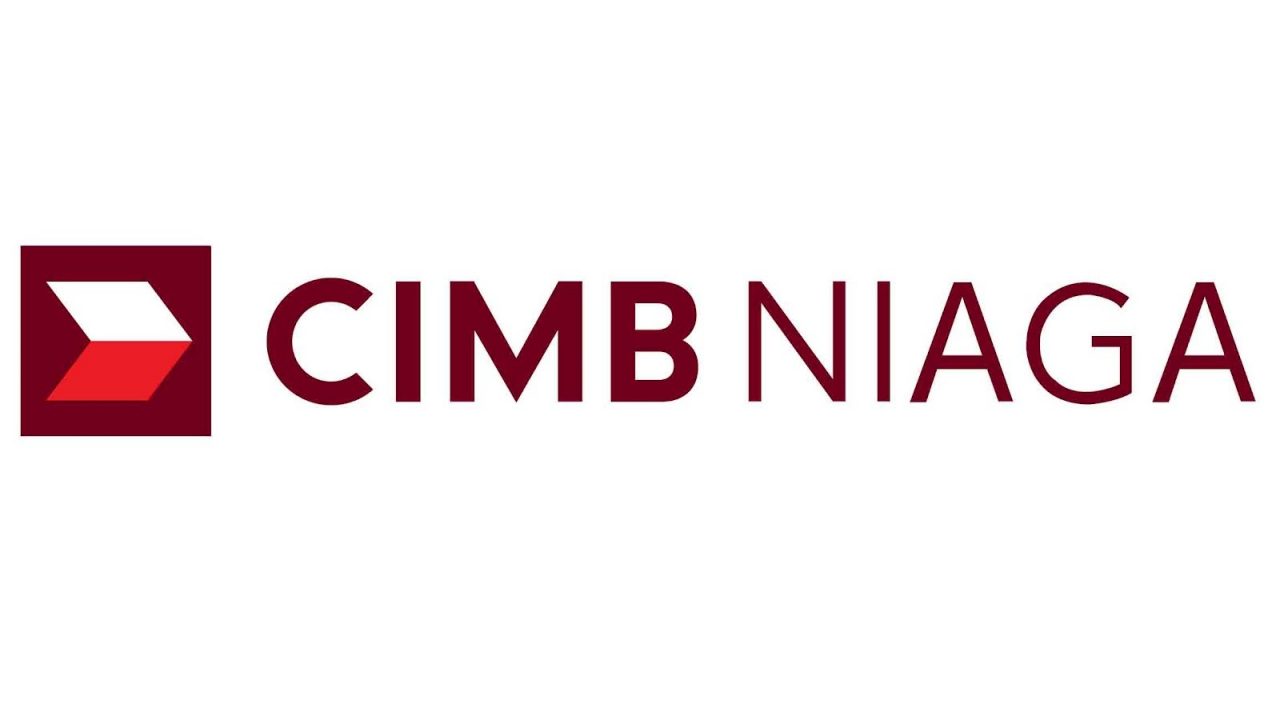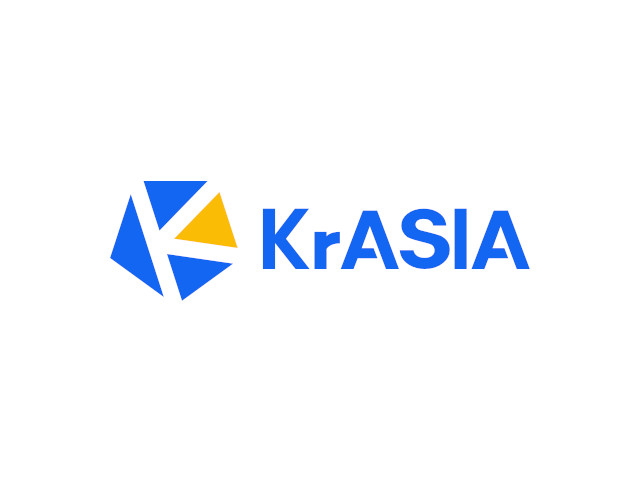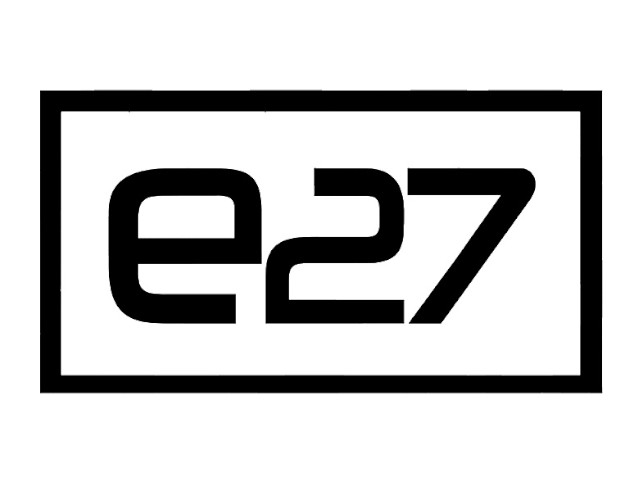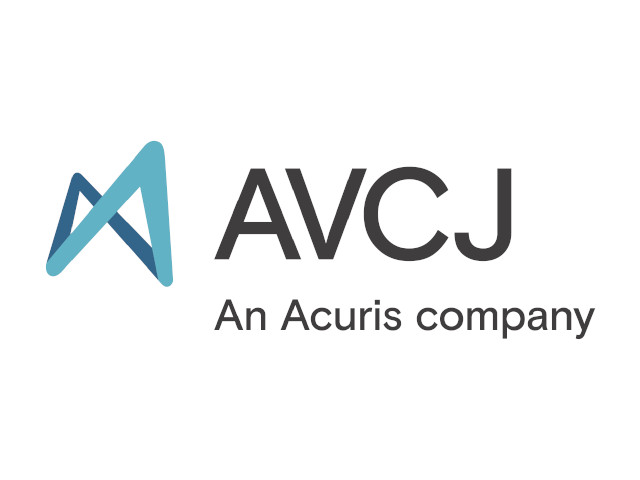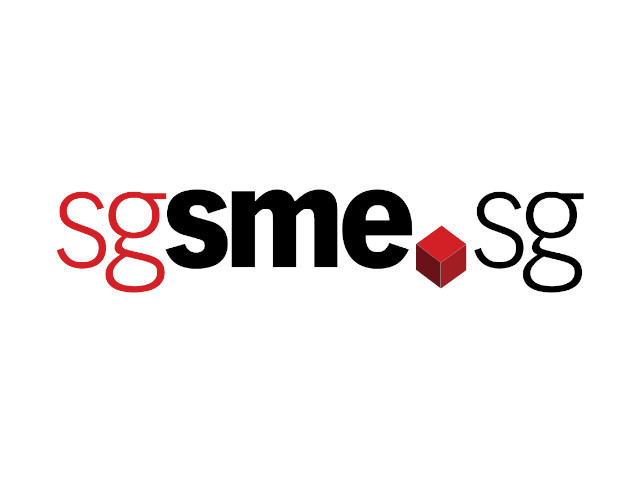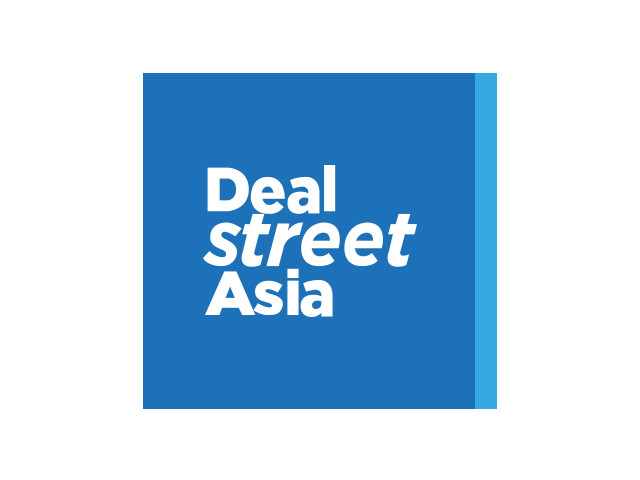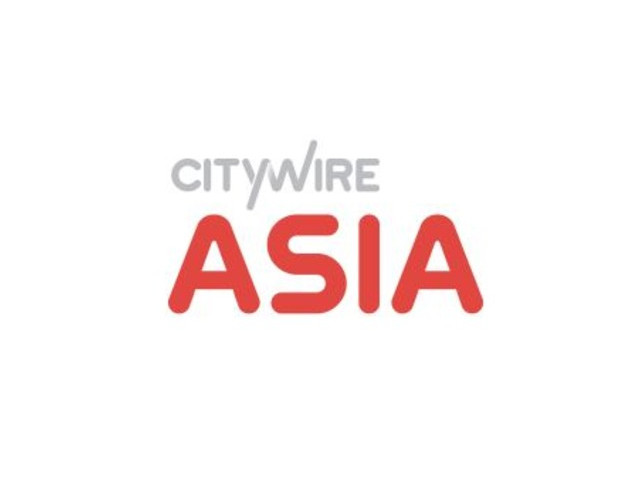An article written by Kontan.com. Read the full article here.
The period of the COVID-19 pandemic can be referred to as natural selection for business people, both large and small, including start-ups. The start-up business is considered to be one of the industries that quickly adapts and survives the pandemic.
To be able to continue to grow and accelerate business development, start-up companies need support, including in the form of financing. One of the banks that plays an active role in start-up financing is PT Bank CIMB Niaga Tbk (CIMB Niaga).
In 2019, the second largest national private bank in Indonesia began collaborating with a leading venture debt company in Southeast Asia, Genesis Alternative Ventures (Genesis) in channelling financing to start-up companies in the country with a total commitment of Rp. 300 billion.
CIMB Niaga Head of Commercial Banking Widodo Suryadi is optimistic that the start-up industry will play a significant role in supporting the Indonesian economy, especially in the current challenging conditions.
“We hope that the funding commitment we have prepared together with Genesis can be an alternative source of funding for potential start-up companies that have not met the criteria for conventional bank loans,” said Widodo.
Up to this point, the synergy between CIMB Niaga and Genesis has funded GoWork, a leading premium coworking space provider and Tanihub, an agriculture technology company.
Genesis co-founder and Managing Partner Dr. Jeremy Loh said he was very happy to have the trust of CIMB Niaga as a bank partner who wants to provide venture loans widely for potential start-ups in Indonesia.
Read the full article in Bahasa here.
